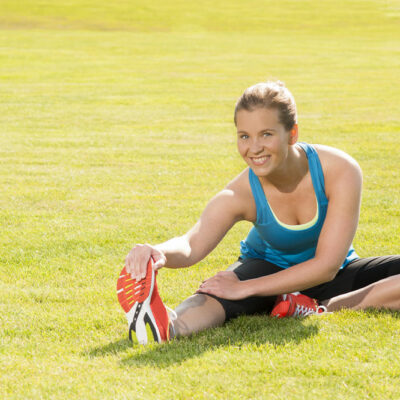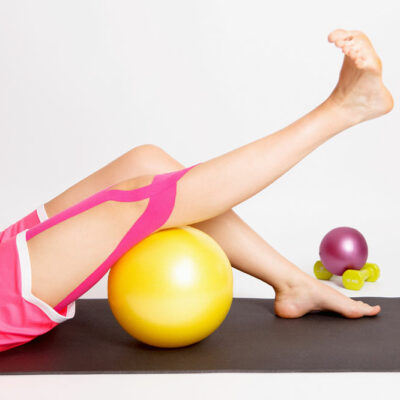Health
4 healthy foods for nursing mothers
Mothers who have recently delivered babies don’t have sufficient nutrition due to the loss of blood and lactation. As a result, they have to carefully choose foods that are rich in calcium, carbohydrate, unsaturated fat, iron, folic acid, protein, and vitamins B6, B12, C, and D. Thankfully, healthy foods and supplements can help them regain strength and supply breastmilk to their newborns. The top four superfoods that can help nursing mothers include: Bananas Bananas are less expensive, available throughout the year, and considered a superfood for nursing moms. They are rich in nutrients, healthy carbs, vitamin B, antioxidants, and phytonutrients. Bananas are also abundant in potassium, calcium, and pectin, a source of energy. Experts claim that having a banana every day can help moms regain the energy they need to take care of the baby and breastfeed. Potassium is crucial for maintaining fluid balance in the mother’s body and aids in the rampant transmission of nerve impulses. Bananas can also aid in regulating blood pressure. It can prevent constipation, aid in regular bowel movements, and promote healthy gut bacteria. These fruits can provide about 1/4th of the vitamin B6 required for nursing moms, which is crucial for hemoglobin production and fighting antibodies.
Read More 









